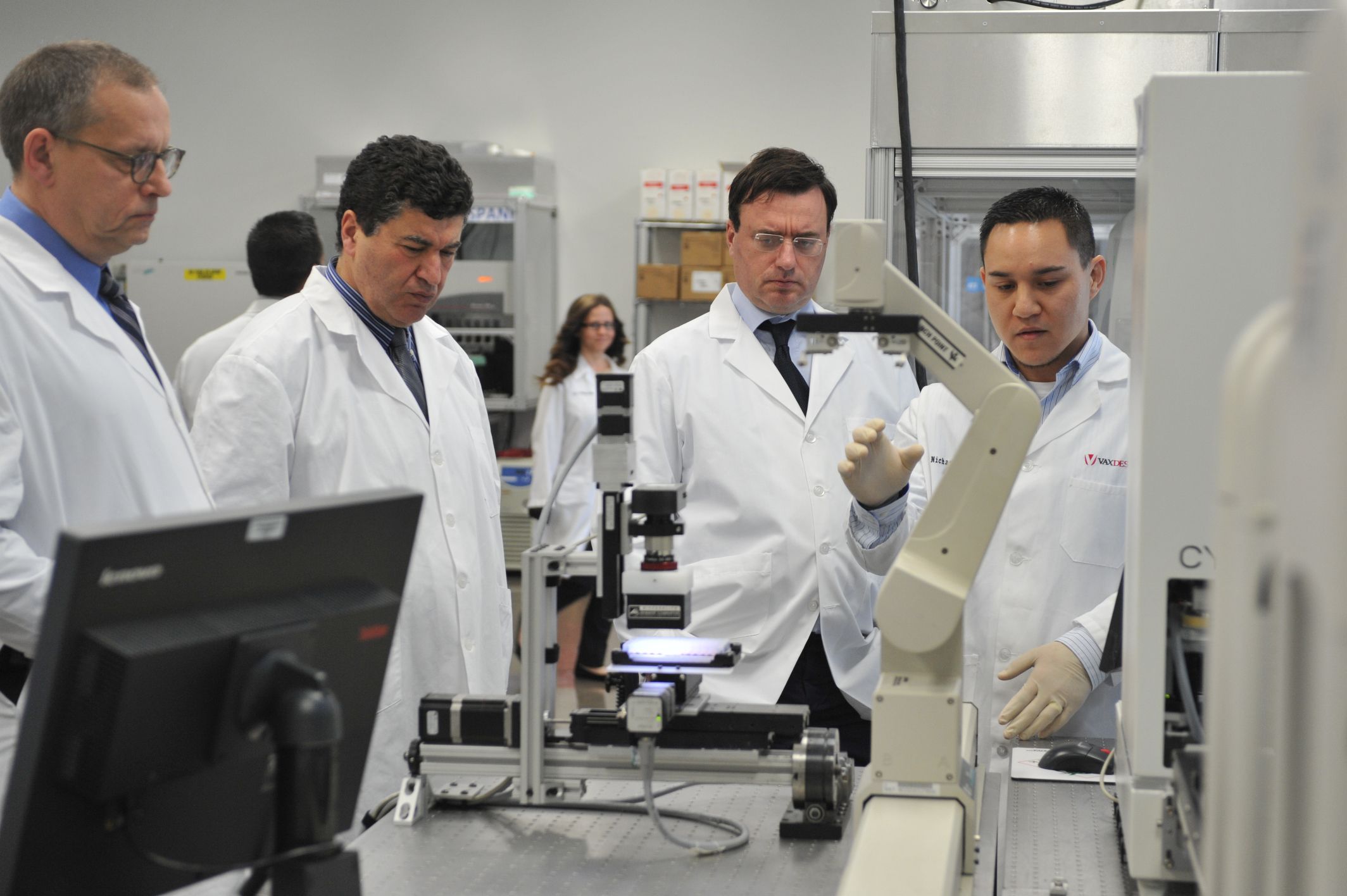Can Sanofi's Expanding Predictive Modeling Technology Enhance the Productivity of R&D?
As the hurdles to successful commercialization of new medicines continue to mount, the ability to find and exploit cost efficiencies in the development process has become a critical source of competitive advantage.
As the hurdles to successful commercialization of new medicines continue to mount, the ability to find and exploit cost efficiencies in the development process has become a critical source of competitive advantage. This is true not only for biologic drugs but also increasingly for vaccines, now a high growth segment of the medicines business, with a more diverse range of therapeutic targets in addition to traditional prophylactics. This intensifies the pressure in designing vaccines trials to address complex conditions and to provide evidence of safety, immunological superiority and clear clinical differentiation. Creating the internal capabilities to advance the process and hedge these risk factors can be more important to achieving a timely market entry than the clinical merits of the compound itself.
Who leads in the race to throw a blanket of predictability over that costly, high thread-count passage from bench to bedside? Sanofi Pasteur, the company’s vaccine division, has made a strong start against its rivals with a novel imitative, in vitro test and assay technology that can predict the immune response of a human individual or group to a vaccine candidate.
Sanofi acquired the technology in 2010 with the purchase of VaxDesign, a Florida-based company which invented a predictive modeling tool, Modular IMmune In vitro Construct [MIMIC], that simulates a clinical trial artificially, using human immune cells. This “virtual” approach lowers the cost and risks associated with relying on live patients or animals, and provides an early indication of how to structure a real trial in a way most likely to produce the tangible results expected by regulators. The outcome is – hopefully – fewer abandoned late stage trials and a better batting average in bringing promising vaccines forward to market approval.

Dr. Michel DeWilde (SVP R&D, Sanofi Pasteur), Dr. Elias Zerhouni (President Global R&D, Sanofi) and Olivier Charmeil (President and CEO, Sanofi Pasteur) at the new Orlando-based R&D facility.
Next for VaxDesign: Diseases of Age
On Monday, Sanofi’s President of Global R&D, Dr. Elias Zerhouni, and the Sanofi Pasteur leadership team dedicated a new R&D facility at VaxDesign’s HQ in Orlando, Fla. In a discussion with Pharm Exec following the ceremony, Zerhouni and colleagues said that the new facility and the 65 scientists hired to staff it was an expression of confidence in the VaxDesign approach, which will now be leveraged by the entire company to support R&D work in areas in addition to vaccines, such as age-related diseases and conditions. Following the demographic path of US baby boomers, the new facility will look for ways to apply the VaxDesign work to Sanofi’s portfolio on preventive treatments for the old-which may also fill a well of need among tens of millions of aging Chinese.
“This is a practical application of translational research, with the potential to guide development for any compound that triggers an immunological response, Zerhouni said. “We’ve come very far in science but it is still a complex mystery what the impact a new medicine has when taken by a human being. VaxDesign helps make sense of that mystery by facilitating a more targeted drug design, at an earlier stage of the development process.” Olivier Charmeil, President of Sanofi Pasteur, noted the MIMIC in vitro approach would not only improve prospects for successful trial design but also provide better guidance toward making those “early kills” that avoid huge costs further down the development line, in Phase II (b) and beyond. He also sees an opportunity for a steep reduction in the use of animals in testing-a sensitive reputational spot.
All in all, another step signifying the value of innovations in process as well as product. And the era of the virtual clinical trial? It’s real, not a misnomer-it’s coming.
Asembia 2025: Therapy Advancements Highlight Growing Cost and Access Concerns
April 30th 2025Fran Gregory, VP, emerging therapies, Cardinal Health, discusses the evolving cell and gene therapy landscape, highlighting pipeline growth, cost challenges, and emerging therapeutic areas beyond oncology and hematology.
Addressing Disparities in Psoriasis Trials: Takeda's Strategies for Inclusivity in Clinical Research
April 14th 2025LaShell Robinson, Head of Global Feasibility and Trial Equity at Takeda, speaks about the company's strategies to engage patients in underrepresented populations in its phase III psoriasis trials.
FDA Approves Nipocalimab for the Treatment of Generalized Myasthenia Gravis
April 30th 2025Approval is based on results from the pivotal Vivacity-MG3 trial in which IMAAVY (nipocalimab-aahu) demonstrated superior disease control throughout 24 weeks when compared to placebo plus standard of care.
Beyond the Prescription: Pharma's Role in Digital Health Conversations
April 1st 2025Join us for an insightful conversation with Jennifer Harakal, Head of Regulatory Affairs at Canopy Life Sciences, as we unpack the evolving intersection of social media and healthcare decisions. Discover how pharmaceutical companies can navigate regulatory challenges while meaningfully engaging with consumers in digital spaces. Jennifer shares expert strategies for responsible marketing, working with influencers, and creating educational content that bridges the gap between patients and healthcare providers. A must-listen for pharma marketers looking to build trust and compliance in today's social media landscape.
FDA Approves AbbVie’s Rinvoq as First Oral JAK Inhibitor for Giant Cell Arteritis
April 30th 2025AbbVie secures FDA approval for Rinvoq as the first oral Janus kinase inhibitor indicated for giant cell arteritis, expanding its immunology portfolio and signaling strategic growth opportunities in underserved autoimmune markets.